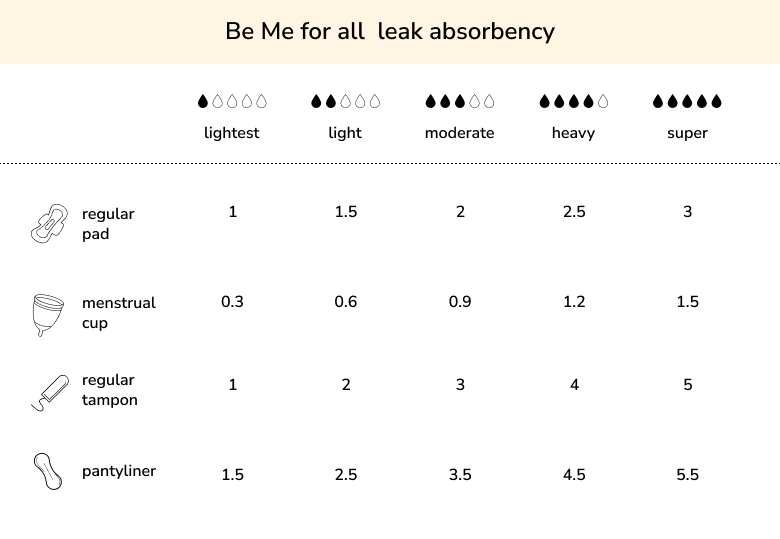
Can Antibiotics Delay Your Period? Understanding the Connection
Published At
Antibiotics are widely used to treat bacterial infections, but many women wonder if these medications can affect their menstrual cycles. The question often arises because changes in health, medication, or routine can sometimes coincide with irregular periods. Let’s explore the relationship between antibiotics and menstruation, what the science says, and when to seek medical advice.
The Menstrual Cycle and What Regulates It

To understand whether antibiotics can delay your period, it’s essential to first look at how the menstrual cycle works. The cycle is regulated by a delicate balance of hormones, primarily estrogen and progesterone. These hormones control the thickening of the uterine lining and the release of an egg during ovulation.
This entire process is overseen by the hypothalamus and pituitary gland, which respond to internal and external cues such as stress, illness, or lifestyle changes. Anything that disrupts this balance could potentially alter your cycle.
Do Antibiotics Directly Impact Your Period?
Most scientific evidence suggests that antibiotics do not directly cause changes to the menstrual cycle. Unlike medications such as hormonal birth control, antibiotics do not interfere with the production or regulation of reproductive hormones.
However, there is one notable exception: rifampin, an antibiotic used to treat tuberculosis, has been shown to interfere with hormonal metabolism. Rifampin can potentially disrupt the menstrual cycle, leading to irregular or delayed periods. For other antibiotics, there is no direct link to menstrual delays.
Why illness (Not Antibiotics) May Delay Your Period

When taking antibiotics, it’s often in response to an infection or illness. The illness itself can disrupt your menstrual cycle in several ways:
1. Stress
Physical and emotional stress caused by being unwell can disrupt the hypothalamus, the brain region responsible for hormone regulation. This disruption may delay ovulation or menstruation.
2. Inflammation and Fever
Fighting off an infection is a taxing process for the body. The immune response can temporarily shift the body’s focus away from non-essential functions, like reproduction, to prioritize healing.
3. Changes in Routine
Being sick often leads to changes in sleep patterns, diet, and physical activity, all of which can affect hormone levels and menstrual timing
Other Medications and Menstrual Irregularities
While antibiotics are unlikely to be the direct cause of a delayed period, other medications taken alongside them might play a role. For instance:
Nonsteroidal Anti-inflammatory Drugs (NSAIDs)
Often used to manage fever or pain, NSAIDs can sometimes affect menstrual flow or timing.
Corticosteroids
Prescribed for severe infections or inflammation, corticosteroids have been linked to temporary hormonal imbalances.
When to Be Concerned About a Delayed Period
If you’re taking antibiotics and notice a delay in your period, consider the following:
1. Duration of the Delay
A slight delay (a few days) is usually not cause for concern, especially if you’ve been ill.
2. Other Symptoms
Watch for symptoms like severe cramping, heavy bleeding, or signs of pregnancy (e.g., nausea, breast tenderness) if you’re sexually active.
3. Pattern Changes
If your cycle becomes irregular or you miss multiple periods, it’s worth consulting a healthcare provider.
What Can You Do to Support Your Cycle During Illness?

While antibiotics themselves may not affect your period, you can take steps to maintain overall menstrual health during illness:
1. Stay Hydrated
Dehydration can exacerbate stress on the body, so drink plenty of fluids.
2. Get Adequate Rest
Rest helps your body recover from illness and maintain hormonal balance.
3. Manage Stress
Techniques like deep breathing or light stretching can reduce the impact of stress on your cycle.
4. Eat a Balanced Diet
Proper nutrition supports overall health and hormonal regulation
What Can You Do About Late Periods?
The approach to addressing late periods depends on the underlying cause. However, there are general steps you can take to support regular menstrual cycles:
Manage Stress

Finding effective ways to reduce stress, such as meditation, deep breathing, or engaging in activities you enjoy, can help maintain hormonal balance.
Exercise in Moderation

While regular physical activity is beneficial, over-exercising can disrupt your cycle. Aim for a balanced routine.
Maintain a Healthy Weight

Sudden changes in weight, whether gain or loss, can influence your menstrual cycle. Strive for a balanced diet and a stable weight.
Many anecdotal remedies, like having an orgasm, soaking in warm water, or increasing vitamin C intake, are often mentioned as ways to induce a period. However, there is no scientific evidence to support their effectiveness.
The most reliable way to address late periods is to consult a healthcare provider. They can help identify the cause and create a tailored treatment plan to support your menstrual health.
Conclusion
In most cases, antibiotics are not the culprit behind a delayed period. Instead, the stress and physiological changes associated with illness are more likely to impact your cycle. The exception is rifampin, an antibiotic that can disrupt hormonal balance and menstrual timing.
If you experience significant changes to your menstrual cycle or have concerns, consult a healthcare provider to rule out other potential causes, such as pregnancy or hormonal imbalances. By understanding the factors at play, you can better manage your health and menstrual well-being.









